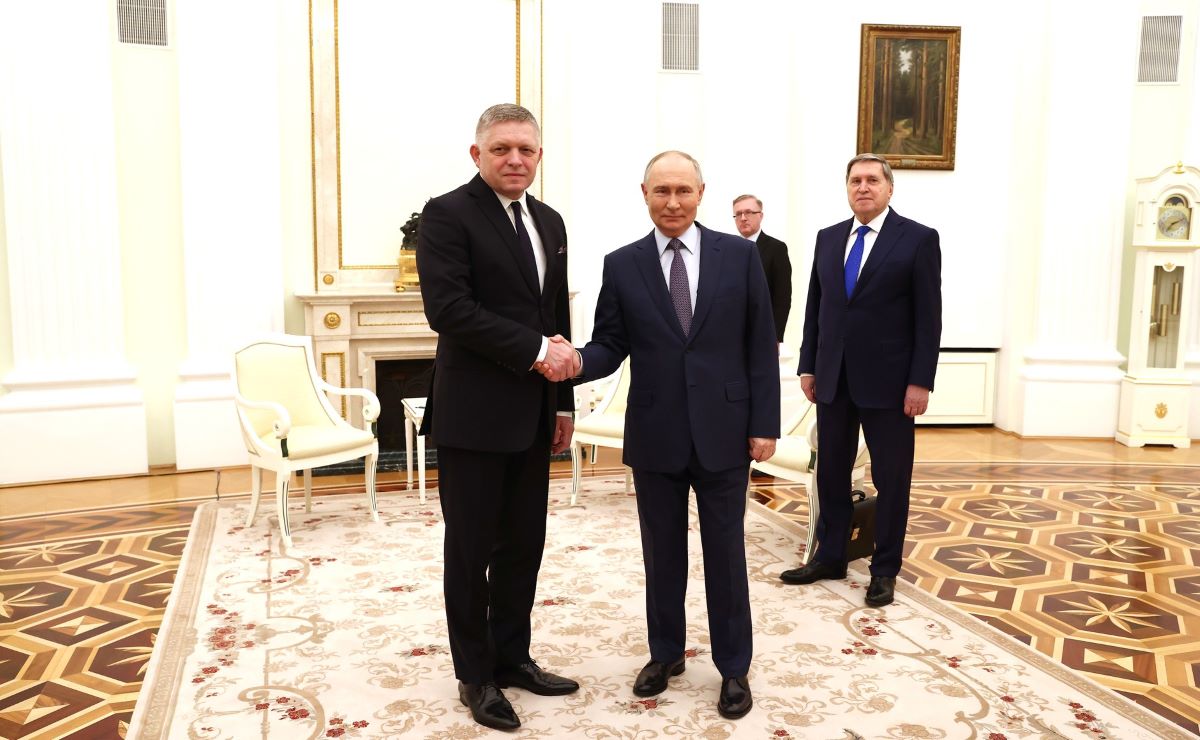Slovakia may take countermeasures against Ukraine, including stopping backup power supplies after January 1, 2025, if Ukraine stops transiting Russian gas through its territory to Slovakia - Reuters quoted Slovak Prime Minister Robert Fico as saying on December 27.
Slovakia is trying to maintain gas supplies from Russia via Ukraine until 2025, although Kiev has refused to extend a transit agreement with Moscow when it expires on December 31, 2024 amid the ongoing Russia-Ukraine conflict.
Prime Minister Fico stressed that switching to alternative routes would skyrocket costs, harm Slovakia's transit operations, and cost the country 500 million euros in tolls.
In a video message posted on Facebook, Mr. Fico warned that stopping gas transit through Ukraine would not only damage Slovakia but also undermine the competitiveness of the entire EU.
He cited estimates that the EU could spend an additional €120 billion in 2025-2026 due to rising gas and electricity prices. Mr Fico did not hesitate to blame Ukrainian President Volodymyr Zelensky, with whom he has had a public spat over the past week.
"After January 1, 2025, we will assess the situation and the possibility of taking countermeasures against Ukraine," Prime Minister Fico said in the video. "If necessary, we will stop supplying the electricity that Ukraine needs. Or we will discuss another course of action."
Ukraine previously announced that it would end the transit of Russian gas through its territory from January 1, 2025.
Since returning to power more than a year ago, Prime Minister Fico has transformed Slovakia's foreign policy, including stopping military aid to Ukraine and improving relations with Russia.
On December 22, Mr. Fico became the third EU leader to visit Russia and hold talks with Russian President Vladimir Putin in Moscow since the outbreak of the Russia-Ukraine conflict.

Slovakia, however, continues to provide humanitarian aid to Ukraine, while exporting diesel fuel and electricity to its neighbor. From January to November this year, Slovakia exported 2.4 million megawatt hours of electricity to Ukraine, up 152 percent from the same period last year.











